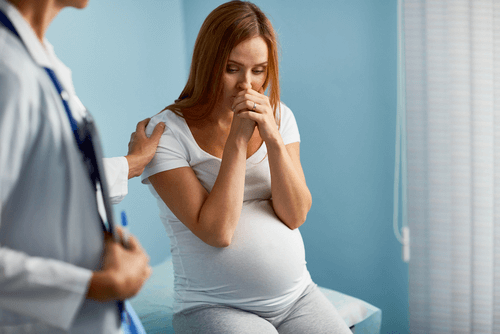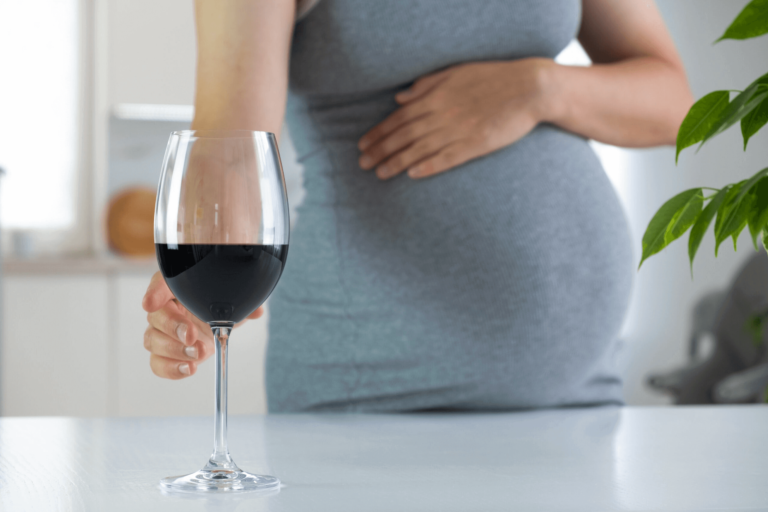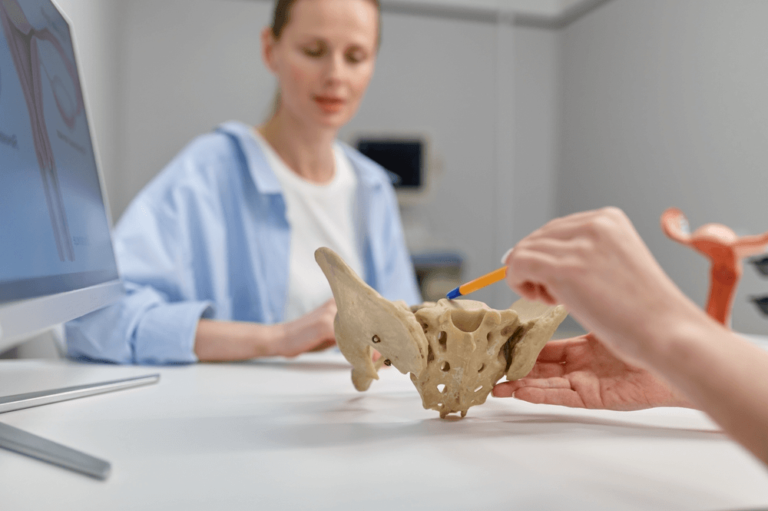Understanding and Addressing Depression During Pregnancy

While much attention is given to postpartum depression, it’s crucial to recognize that depression can also occur during pregnancy. Estimates suggest that around one-third of women experience postpartum depression to some degree. Severe postpartum depression can interfere with infant bonding, create relationship issues with your partner, and even lead to health complications for both mother and baby.
However, depression during pregnancy is less frequently discussed, despite being a significant concern. Pregnancy brings about rapid emotional changes, physical transformations, and hormonal fluctuations, all of which can contribute to mood swings. Sometimes, these changes can lead to severe depression during pregnancy.
If you’re feeling depressed during pregnancy, seeking help is vital. Start by talking to a friend or counselor. If that doesn’t help, consider reaching out to a trained therapist or psychiatrist.
Also read: Managing Low Blood Pressure During Pregnancy
Treating depression during pregnancy is different from treating it at other times. Many medications for depression are either untested for use during pregnancy or are not safe for pregnant women. Consequently, your treatment may rely more on non-medication approaches, such as regular therapy sessions. Ignoring depression during pregnancy is not an option—you need to take steps to get the help you need.
Untreated depression during pregnancy can lead to various problems. It can strain your relationship with your partner, diminish your enjoyment of daily activities, and negatively affect your overall health. In extreme cases, it can even result in suicidal thoughts.
Don’t let depression steal the joy of pregnancy from you. If you believe you are experiencing depression during pregnancy, contact your mental health care provider today. Seeking help is the first step toward ensuring a healthy and joyful pregnancy.
Also read: Planning For Postpartum Weight Loss






